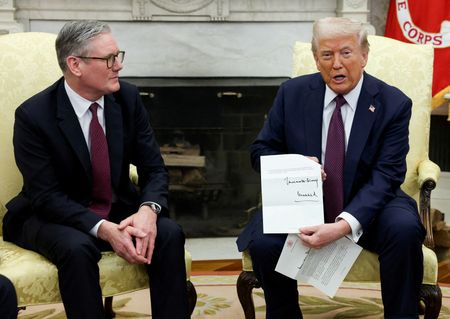By Kate Abnett
BRUSSELS (Reuters) – The European Parliament approved plans on Thursday to make it easier to hunt wolves in the EU, citing their growing numbers and the threat they pose to livestock as reasons for downgrading the animals’ protection status.
The changes – which European Union member states already approved last month – will lower wolves’ status in EU law to “protected” from “strictly protected”, reflecting a change under the Bern Convention on the Conservation of European Wildlife and Natural Habitats.
In practice, it will mean EU countries can allow wolf hunting, but they must still take steps to stop the animals becoming endangered, such as by limiting hunting seasons.
Since 1979, the Bern Convention had protected wolves from being deliberately hunted or captured unless they posed a serious threat to livestock or health.
“Farmers can now breathe a sigh of relief,” said lawmaker Herbert Dorfmann of the centre-right European People’s Party.
“It’s time to adapt to today’s reality. This means balancing our conservation efforts with protecting farmers,” he said.
Campaigners and some EU lawmakers have accused European Commission chief Ursula von der Leyen, whose own pony was killed by a wolf in 2022, of having a personal motivation for targeting wolves.
“This does not help livestock farmers and harms forestry and nature,” said Green EU lawmaker Jutta Paulus. Wolves can support forest ecosystems, for example, by keeping game populations under control.
The Commission, which made the proposal to change the wolf’s status under EU law, said it was based on an in-depth analysis and reasoning including the fact that wolf populations are increasing across the EU, with around 20,300 animals present in 2023 – which has led to increased damage to livestock.
The EU had opposed a previous proposal by non-member Switzerland in 2022 to downgrade wolves’ protected status under the Bern Convention.
The European Parliament approved the proposal on Thursday with 371 votes in favour, 162 against, and 37 abstentions.
EU countries must give their final approval to the changes, a vote that is a formality and expected to pass.
(Reporting by Kate Abnett; Editing by Gareth Jones)










